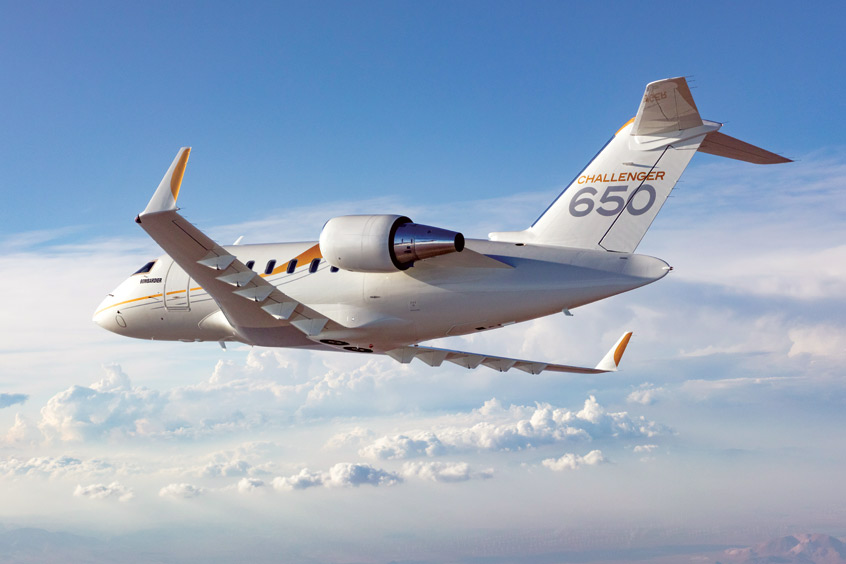Why visit ACE ’24?
The International Business Aviation Council (IBAC) has submitted a letter to the International Civil Aviation Organization recommending that the CORSIA baseline be adjusted now to take into account the unprecedented effects of COVID-19 on worldwide air travel.
CORSIA is an offsetting scheme developed by the International Civil Aviation Organization (ICAO) as part of the basket of measures to reduce carbon emissions from international civil aviation and an important mechanism toward achieving carbon-neutral growth from 2020. Business aircraft operators that emit annually more than 10,000 tonnes of CO2 in international flying are included in the scheme.
The CORSIA baseline, from which annual growth and future offsetting requirements will be calculated, was originally expected to be the average level of emissions between 2019 and 2020. This would be the basis for analyses of overall costs to aircraft operators over the planned phases of CORSIA (2021 to 2035). The significantly reduced level of international aviation emissions in 2020 will lower drastically the CORSIA baseline. This means that the ensuing annual offsetting calculations will be much more costly to operators. These costs will compound the challenging recovery circumstances for the business aviation sector and be a long-lasting, undeserved penalty for the aviation sector as a whole.
Kurt Edwards, director general of IBAC says: “IBAC has always advocated a fair and equitable market-based measure that compliments the overall set of emissions-reduction measures available. However, given the exceptional circumstances caused by the COVID-19 pandemic, IBAC is concerned that a baseline average taken from 2019 and 2020 will reflect a highly anomalous circumstance inflicted on international aviation.
“Using only 2019 emissions levels as the baseline provides a simple solution to this serious problem and would represent a much smaller penalty to operators in terms of cost compared to a baseline taking into account the highly irregular traffic levels of 2020. Such a reasonable approach to CORSIA will contribute to ongoing efforts by the business aviation community to mitigate and reduce emissions. Penalising operators by including exceptionally low 2020 emissions levels in the baseline will only divert critical resources from operators' ability to take climate action and to contribute to the economic and sustainable development of regional and national economies around the world.”
IBAC is requesting that the ICAO Council favourably consider this proposal and reach a decision quickly to instil certainty and confidence in CORSIA.
